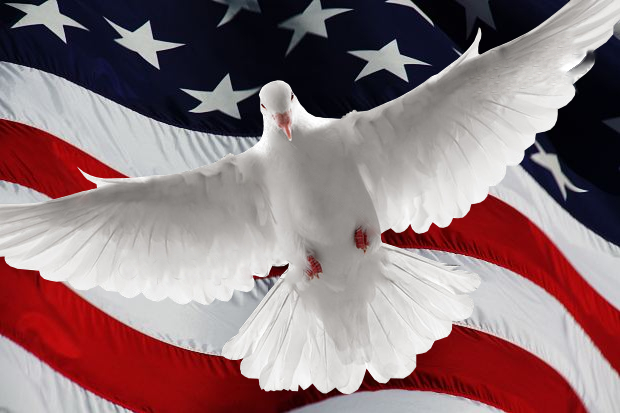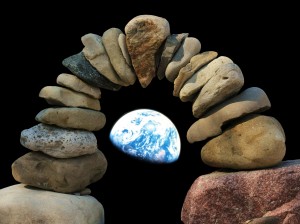
For as long as I can remember, the ritual in our national political theater that has always moved me to tears is the moment after a presidential inauguration when the outgoing president boards the helicopter and flies away. It is an enactment of what is perhaps the most extraordinary characteristic of democracy: the peaceful transition of power.
It brings me to tears because I am aware of how precious it is, how novel it is, in a world that has for so long been governed by egoic drives for power and control, and it exemplifies the fundamental break with the past that the founders of our country made when they decided the United States would not be a monarchy.
Knowing that Donald Trump is completely beholden to the ego-mind, I have always had a hard time envisioning him peaceably getting on that helicopter and flying away, honoring the will of the people and the democratic process. This is not a condemnation of him. It is simply an observation of him. It is not in his constitution to yield power and control.Continue Reading






